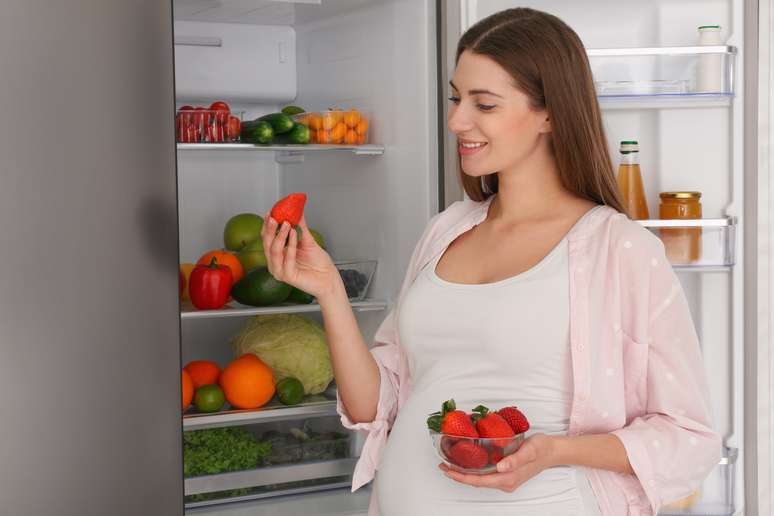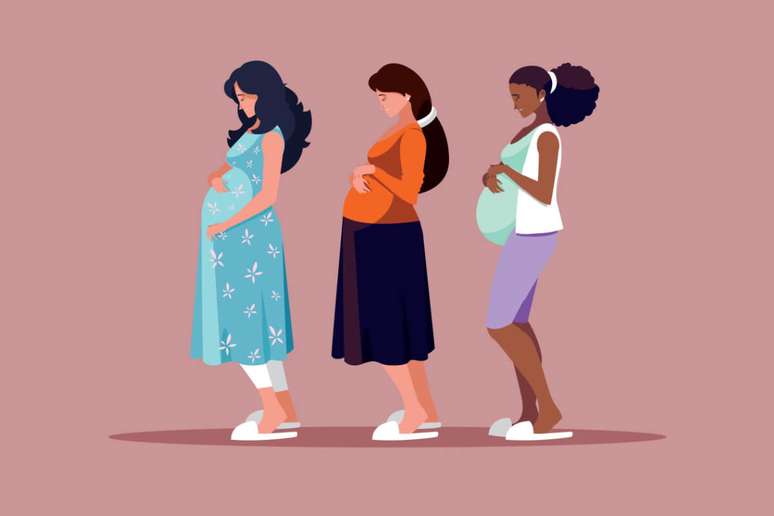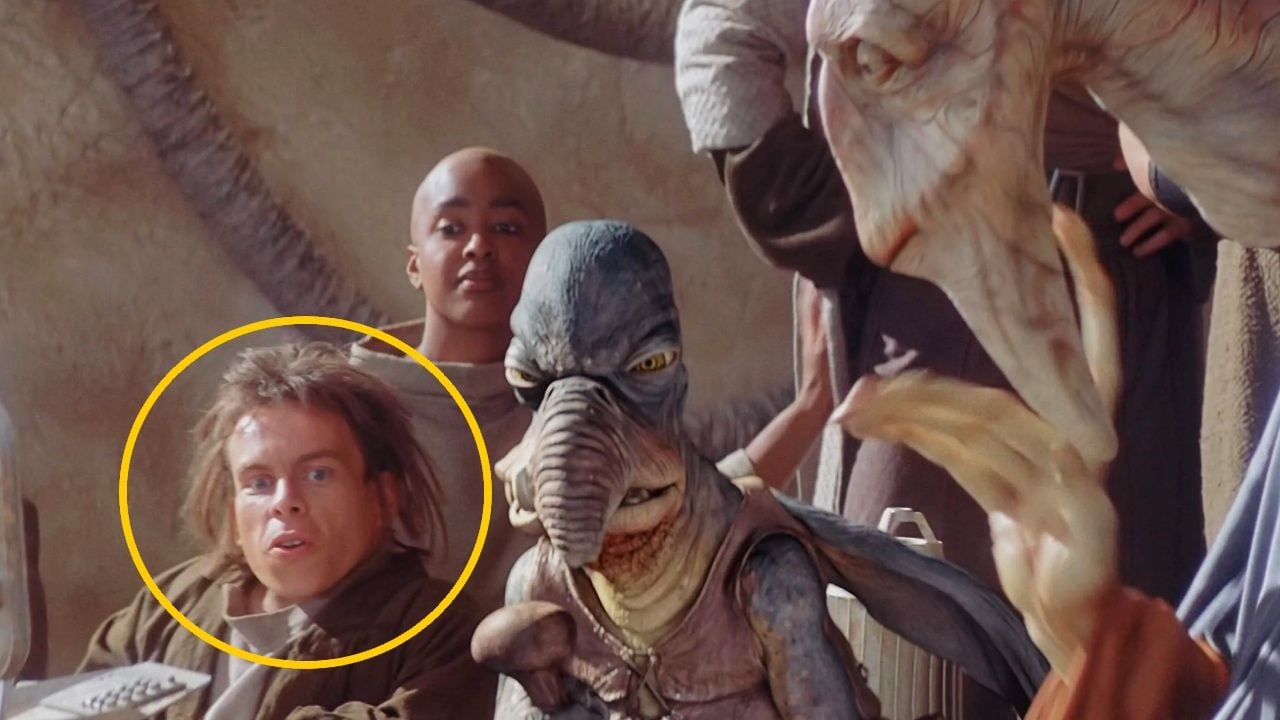The expert explains how some conditions can affect female fertility
Pregnancy is a desire shared by countless people around the world. According to a Datafolha survey conducted in January this year, 70% of Brazilian women are mothers, or almost seven in ten respondents.
html[data-range=”xlarge”] figure image img.img-f51331c8230afb6617c8d87a86ab38c784t8eavl { width: 774px; height: 516px; }HTML[data-range=”large”] figure image img.img-f51331c8230afb6617c8d87a86ab38c784t8eavl { width: 548px; height: 365px; }HTML[data-range=”small”] figure image img.img-f51331c8230afb6617c8d87a86ab38c784t8eavl, html[data-range=”medium”] figure image img.img-f51331c8230afb6617c8d87a86ab38c784t8eavl { width: 564px; height: 376px; }HTML[data-range=”small”] .article__image-embed, html[data-range=”medium”] .article__image-embed {width: 564px; margin: auto 0 30px; }
However, many women may have difficulty getting pregnant, as there are various causes that can make this process even more difficult. Therefore, human reproductive specialist, Dr. Nilo Frantz, of Nilo Frantz Reproductive Medicine, presents 12 reasons that can interfere with a pregnancy. Watch!
1. Infertility
According to the World Health Organization (WHO), it is considered sterile for the person or couple trying to get pregnant within 12 months without the use of condoms and contraceptive methods, as well as for women who have already turned 35, the period drops to 6 months. If pregnancy does not occur during this period, it is necessary to contact a specialist and investigate the case.
“Infertility is a common disease that affects approximately 15% of couples of reproductive age. This means that men and/or women have difficulty conceiving, which can be caused by several reasons,” says Dr. Nilo Frantz .
2. Endometriosis
Considered one of the main causes of female infertility, endometriosis occurs, according to the specialist, when the endometrium, the tissue that lines the uterus, which should change in the form of menstruation in the absence of fertilization of the egg, ends up moving other parts of the body. This is the endometriosis occurs when pieces of the endometrium implant outside the uterus.
“In this way, this problem can create an adhesion in the ovaries, preventing the egg from being released. This can cause a blockage in the tubes, making it impossible for sperm to reach the egg. Therefore, it is important that the condition is diagnosed to be able to be treated adequately”, explains the doctor.
3. Polycystic ovary syndrome
A Polycystic ovary syndrome (PCOS) is a hormonal disorder that affects approximately 10% of the female population of reproductive age and which contributes to the formation of cysts in the ovaries, which can vary in size.
“PCOS can hinder a possible pregnancy and its main signs are irregular menstruation, high testosterone production and the presence of microcysts in the ovaries,” says the specialist.
4. Changes in sperm
Men with low sperm count, motility and morphology problems have more difficulty achieving a pregnancy.
5. Obstruction of the ejaculatory ducts
Men who have ejaculatory duct obstruction due to infection, vasectomy, or obstructive azoospermia will also need help from treatment to get pregnant. However, to find out if a man has one of these problems, it is necessary to consult a specialist.

6. Weight
Women with a body mass index (BMI) that is higher or lower than ideal may have trouble getting pregnant. On the other hand, when the percentage of Body fat is very low, it is insufficient for adequate production of hormones, such as testosterone and estradiol, which hinder conception.
7. Age of the woman
According to Dr. Nilo Frantz, women are born with a full ovarian reserve, and as time passes, this supply of gametes diminishes. This means that with age, female reproductive capacity is compromised.
“So, from the age of 35 onwards, the possibilities of a woman get pregnant they gradually decrease until reaching menopause, which occurs around the age of 50″, explains the specialist.
8. Early menopause
Menopause is the stage in a woman’s life when menstruation naturally stops. This is because female hormones such as estrogen and progesterone are no longer produced by the ovaries, interrupting the ovulation process.
Menopause normally occurs between the ages of 45 and 55. However, it can occur in women before the age of 40, a phenomenon called early menopause.
9. Sexually Transmitted Infections (STIs)
Untreated sexually transmitted infections (STIs) can cause inflammation throughout the pelvis, preventing pregnancy. In this sense, diseases such as gonorrhea or chlamydia also damage the entire reproductive process. If you suspect any of these infections, seek medical evaluation.
10. Stress and anxious conditions
It’s not a secret to anyone psychological issues, psychological problems how stress and anxiety directly affect someone’s life. And the gestation process would be no different. In case of anxiety, cortisol is released, a hormone that alters menstruation, which can also cause failure to ovulate.
11. Hormonal problems
Failure to control female sex hormones such as estrogen and progesterone can compromise pregnancy, as they play a fundamental role in controlling ovulation. Dr. Nilo Frantz says increased prolactin and thyroid problems, such as hypothyroidism and hyperthyroidism, also impair ovulation and the menstrual cycle.
12. Use of certain drugs
Dr. Nilo Frantz says that some drugs can also make a future pregnancy difficult, such as drugs indicated for epilepsy, depression and anxiety, which in addition to altering the menstrual cycle, can compromise female fertility.
“It is extremely important that women who use drugs for these and other diseases consult their gynecologist or a reproductive specialist if they wish to become pregnant and find out how to continue treatment,” explains the specialist.
By Carolina Ribeiro
Source: Terra
Ben Stock is a lifestyle journalist and author at Gossipify. He writes about topics such as health, wellness, travel, food and home decor. He provides practical advice and inspiration to improve well-being, keeps readers up to date with latest lifestyle news and trends, known for his engaging writing style, in-depth analysis and unique perspectives.








